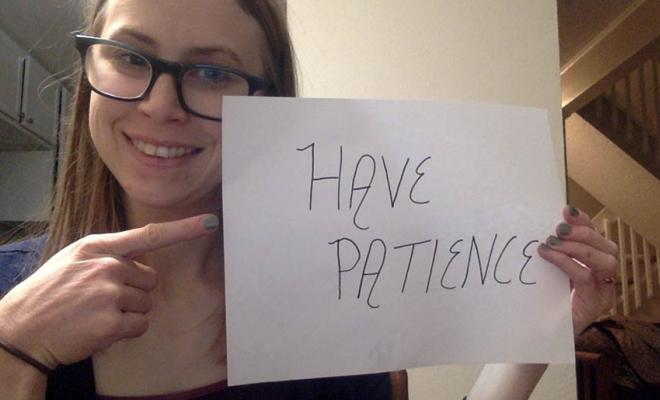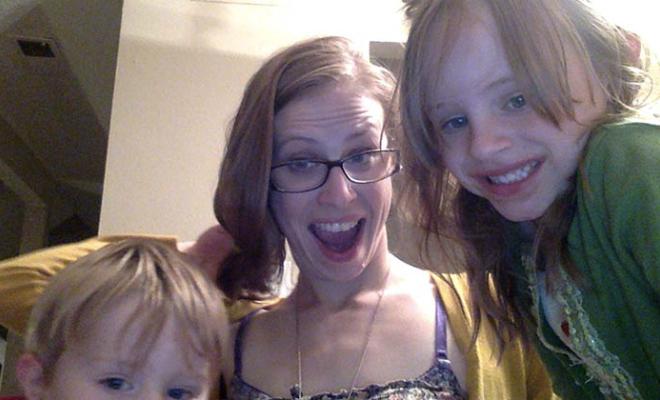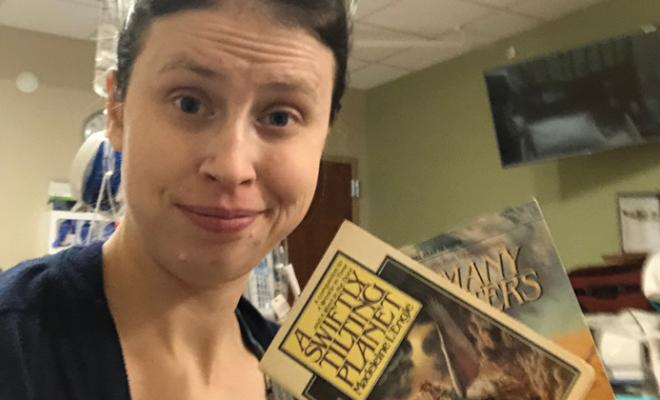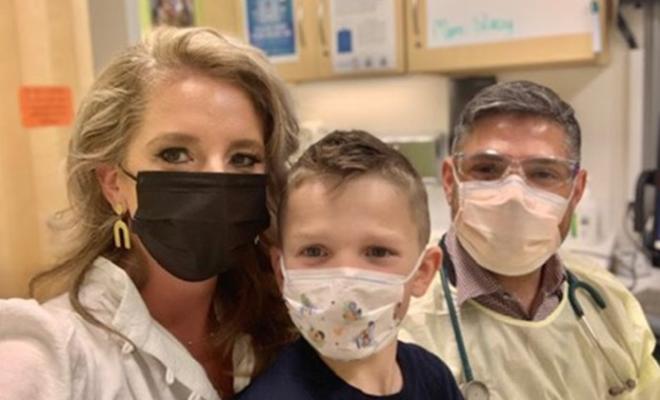In 2012, I had the honor of being asked to sit as a patient representative on Patient Family Centered Care Committee at the University of Colorado. The university hospital took care of cystic fibrosis patients for in-patient care at that time, and they really wanted to improve the care that they delivered. It was a collaboration with care team members that included respiratory therapists, nurses and doctors, and I brought the patient perspective. I felt that I was making positive changes to our health care by advocating for the CF community. The committee's work eventually ended, but I found that I valued working alongside the health care team.
When I went back to school in 2013, I knew that I wanted to make a difference in the lives of other adults with CF by becoming a patient advocate. I wanted to continue working with care teams to improve health care delivery for patients. I felt that this was my calling. About one year later, I realized that I wanted to help patients now instead of waiting until graduation.
I reached out to my local adult CF center to see if it might be possible to start a patient advisory council. Patient advisory councils work with health care organizations to improve the patient and family experience of care in a number of ways. For example, patients and family members can serve on committees with clinic staff to ensure that the patient's perspective is part of quality improvement initiatives. I thought it would be great to get patients and the health care team to work together to improve care. Unfortunately, the response to my proposal was not quite the one I wanted to hear.
I was told it wasn't the right time because clinic staff was working on many internal changes that required their attention first. I felt a bit deflated. However, I continued to check in periodically to see if now was the right time. Although clinic staff supported the idea, the answer was always the same: not yet. About one year later, I had just about lost hope that the right time would ever arrive. However, I tried once more and one of the nurse coordinators was willing to begin.
Elated, I jumped right into it. We created a closed Facebook group for clinic patients who wanted to join the council, which enabled us to safely discuss our health care without infection or privacy concerns. I now relay the Facebook conversations to the nurse coordinator and the social workers at the clinic about once a month, and we discuss the best ways to address the issues and concerns.
This endeavor has been going on since June 2015, and even as new as the group may be, the collaborative work between the patients and the health care team have yielded some great ideas for change. For example, to make it easier for patients to contact the right member of the care team, we suggested creating magnets with important care center phone numbers. These magnets have been handed out to patients and their families since December. The Facebook group also discussed the best ways to introduce patients who are transitioning from pediatric care to the adult clinic. The end product, which came out of the communication between the Facebook group and the health care team, was a bag with materials that help new patients and families learn what to expect at the clinic. The bags include the magnets mentioned above and other important materials for new patients.
These improvements happened because patients and the staff worked together.
I want to encourage anyone hoping to start their own patient advisory council to pursue it -- with patient persistence, if need be. It took me about a year of bugging my health care team to finally turn it from an idea into a reality. Did I mention that I began to lose hope? That's normal, but even when feelings of hopelessness set in, continue pursuing it. Keep talking to people about the idea: health care staff, other patients, friends and family. Eventually, someone will help launch the group.
It's worth it. Especially because if patients and family members want to make a change, the best way to ensure that change can happen is by speaking up and working in harmony with their CF care team. That's the starting place.
Patient advisory councils offer a positive way to advocate for change, and, as a result, improve the health of those of us with CF. Change can take time, but the wait is worth it. That's when patient persistence becomes a great ally.






